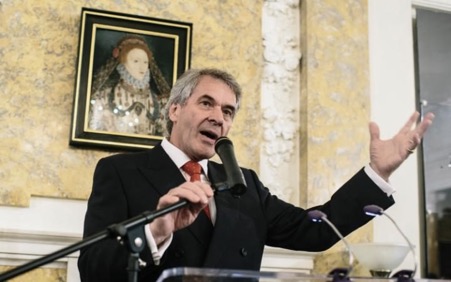Article

What is the future for diplomats? That is the question raised (diplomatically, of course) by the report “Future FCO”, just published by the Foreign Office. An undiplomatic way of putting it might be: What is the point of diplomats?
It is a question worth asking. Foreign ministries face an existential challenge from instant global communications, new sources of information and analysis, the international activism of heads of government and their centralised secretariats and the blurring of international and domestic policy. How do diplomats stay relevant?
In some ways diplomacy has been stood on its head. Ambassadors used to negotiate for their country, often with great freedom of action. Except in the UN and in Brussels, this now rarely happens. Negotiations are often highly technical and led by experts in capitals by videoconference or telephone.
The flip side is that an embassy is often the only bit of government that has a joined up view of all the moving parts between two countries. Its job is to coordinate the left and right hands, offer strategic and tactical guidance based on local knowledge and relationships, maximise success and prevent avoidable mistakes.
Click here to read the full article.
Photo description: British ambassador to Washington, Sir Peter Westmacott
Photo credit: GREG KAHN/GETTY

